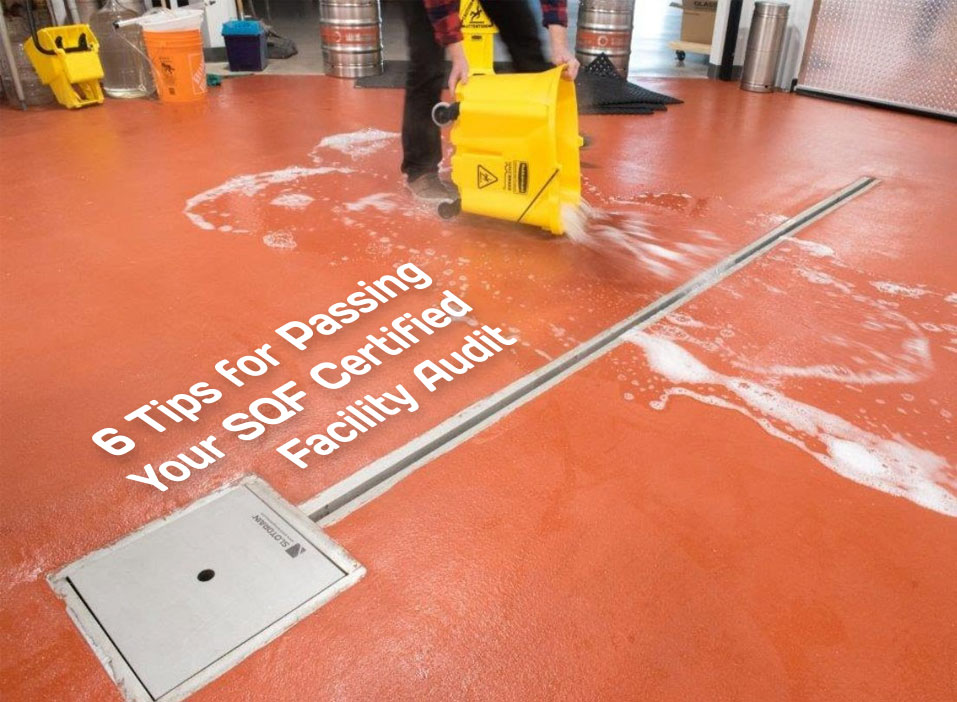
There are many responsibilities and expectations that come with being a food facility manager. Everything revolves around keeping the facility running smoothly and in accordance with the various guidelines required by law. No matter what sort of facility you run, if you deal with food and beverage products, that means you will need to meet those guidelines. To ensure your facility does so, you will need to work with a Safe Quality Food (SQF) Auditor, so your facility can be marked as an SQF certified facility.
What is SQF? What is an SQF Audit?
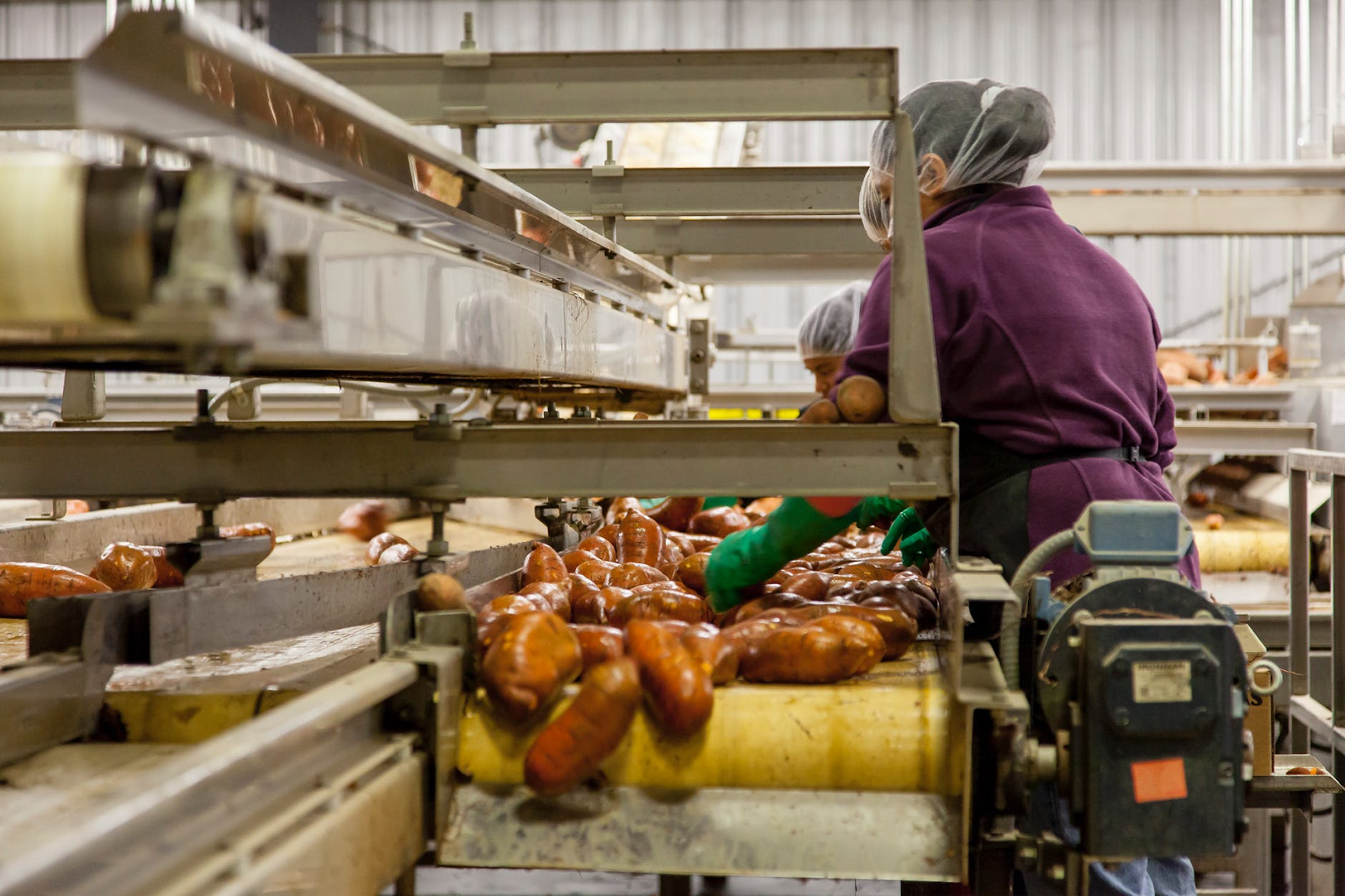
SQF, short for Safe Quality Food, is a Food Safety Management Certification program, that was created and is managed by the SQF Institute. It is used to control the food safety risks inherent with various types of food processing facilities.
To earn an SQF Certification, a third-party SQF Auditor is brought into the facility to examine the manufacturing process and ensure the facility is meeting the rigorous requirements of the SQF Institute and government.
There are a number of benefits that come with being an SQF certified facility. Facilities can build confidence and trust with customers, who will feel secure knowing that there is a rigorous food safety system in place.
What Do SQF Auditors Look for in a Facility?
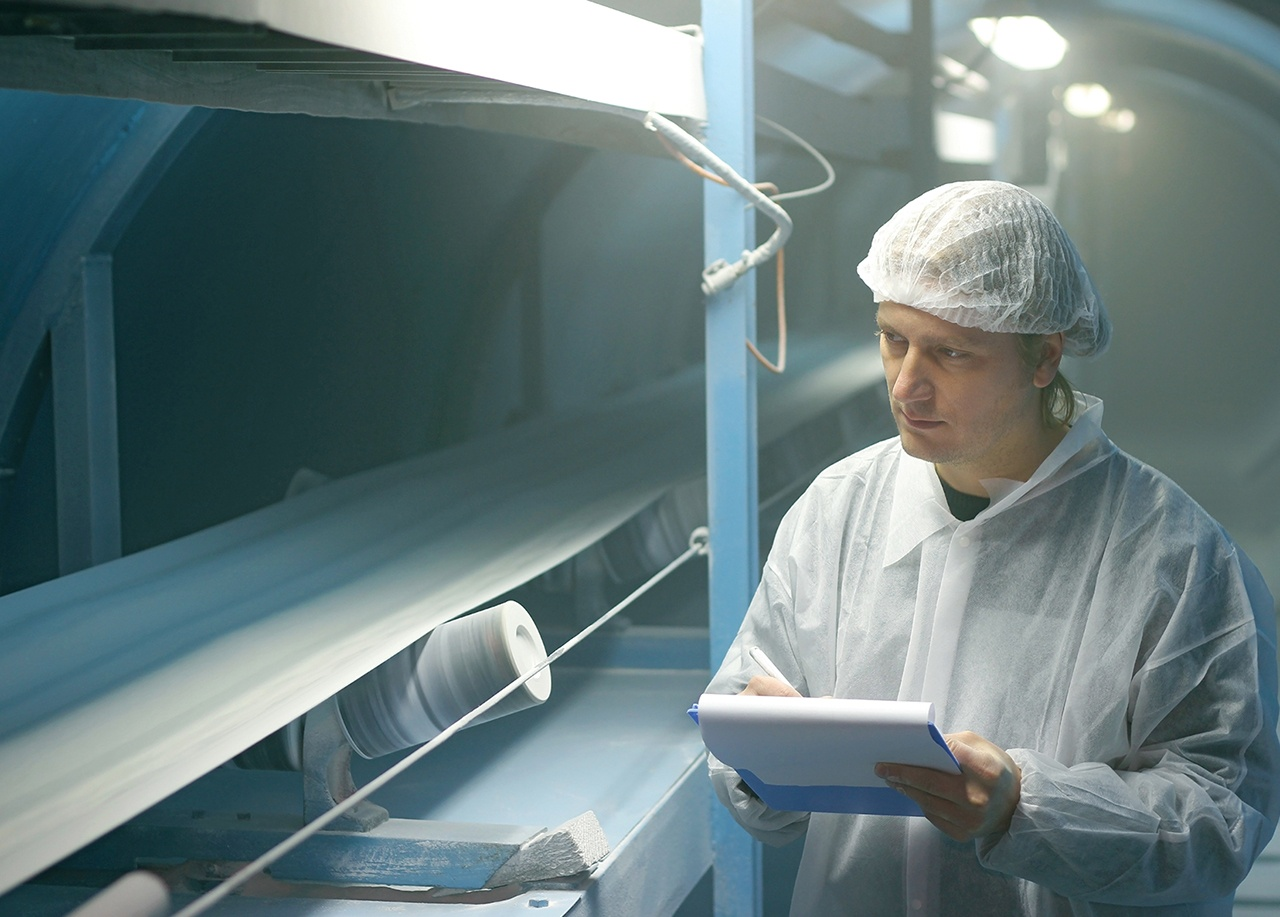
The audit will ask a series of specific questions, examine the facility's food safety activities, and inspect various facility processes related to said activities. All of the findings will be carefully evaluated by the auditor to determine what activities and processes meet SQF regulations and what needs revising.
This means that they will look at every aspect of the facility, looking for safety flaws like improper floor materials, poorly sealed ducts, insufficient drainage, unsanitary food handling procedures, and much more. By locating any flaws in the facility, the SQF Auditors will be able to determine what the facility can do to improve their food safety practices and therefore become an SQF certified facility.
Tips for a Successful SQF Audit
While it is crucial to know what SQF Auditors look for in a facility, knowing is only part of the equation. You will also want to do everything you can to go into your SQF Audit prepared for success. Here are some tips to help ensure that you pass your audit and get SQF Certification for your facility.
1. Familiarize Yourself With the SQF Guidelines
Once you know you are getting an SQF Audit, you must familiarize yourself with the SQF Guidelines and Audit Process. This will help you be better prepared for any possible questions the auditor will ask on your processes, protocols, and general food safety, and the facility setup. Beyond that, knowing what they expect will also help you to make any necessary changes to the facility so that it meets their rigorous guidelines.
2. Seal Your Ducts
Another thing you can do to help ensure a successful SQF Audit is to ensure all the ducts within the facility are properly sealed. Unsealed ducts can lead to poor airflow and circulation, the accumulation of dust, and can even provide entry points for insects and rodents. This can lead to unsanitary facility conditions and potential food contamination, which will make your facility and its products unsafe.
3. Maintain Your Drainage Equipment
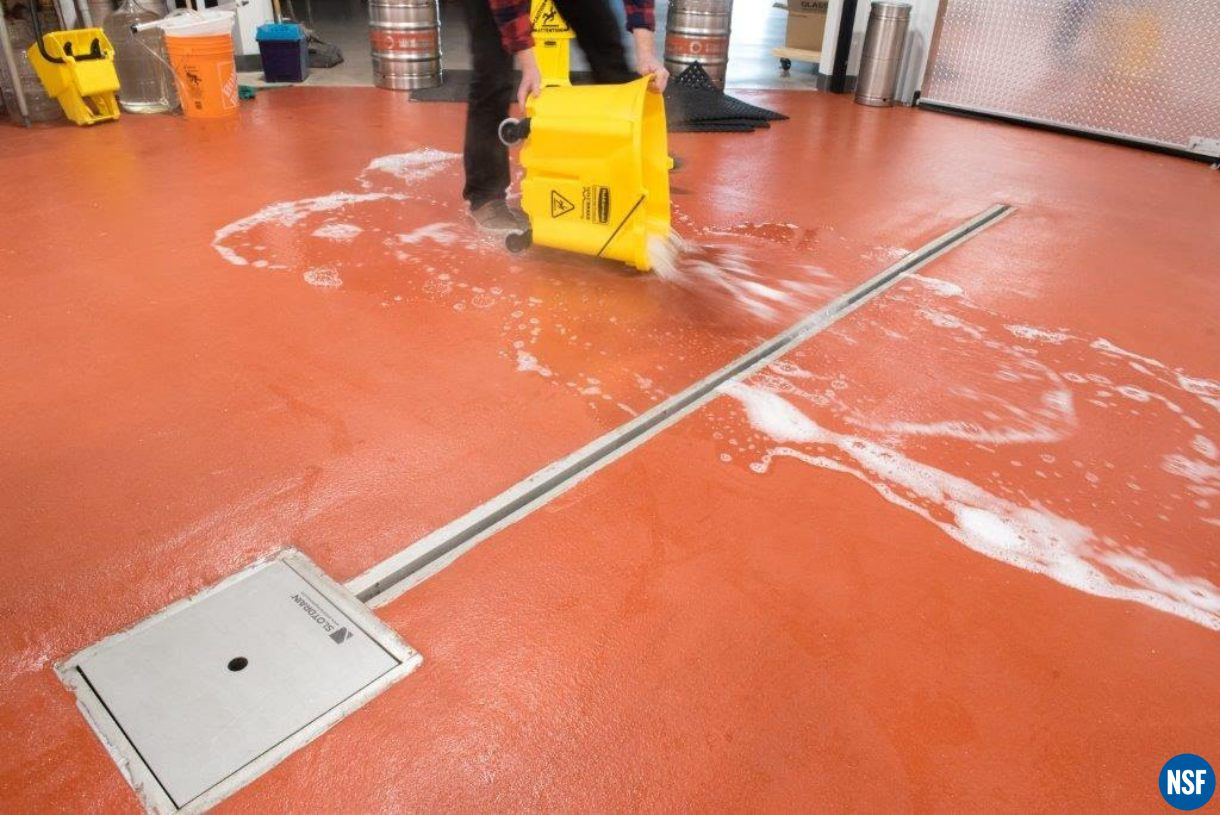
Having a proper, sanitary drainage system is essential for any facility. By having a drainage system in place, wastewater will have a place to drain to so that the floor remains dry and slip-free. Slot Drain is a newer style of trench drain that features a food-grade stainless steel construction, perfect for food and beverage-oriented facilities. It can handle extreme temperatures, is both corrosion- and bacteria-resistant and is incredibly durable. Beyond that, it is a sanitary, easy-to-clean system that does not require a grate and is rated for Class F loads.
4. Train Your Staff in Facility Procedures
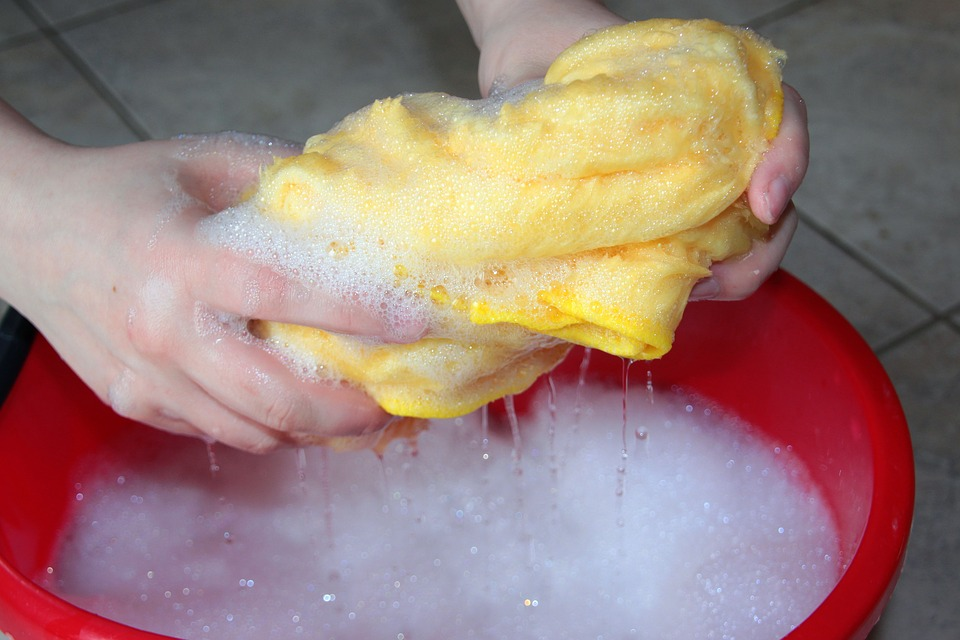
There are many steps and processes in any food and beverage facility. All employees need to be properly trained in how to handle food products, maintain a clean facility, and how to avoid any potential contamination. The more knowledgeable the whole staff is, the better the facility will function and be able to avoid serious mishaps with regard to food safety.
5. Inspect Your Equipment
No food facility is complete without equipment that is functioning properly and safely. You will want to ensure your facility's equipment is high quality and made from materials that are safe for use around food. It is also crucial that you service your equipment regularly to keep everything in working order, so there are never any surprise failures.
6. Keep Records of Everything
Keeping records of what occurs within your facility is also crucial. These records should document everything from major renovations to equipment repairs to any incidents that may have occurred. It is important to keep good records in case something occurs. By having those records on hand, an SQF Auditor will see the various things you are doing to comply with food safety guidelines.
Get SQF Certified
Food processing facilities require a lot of trust from the public to be successful. To help create this trust and show you are serious about food safety, you need to implement the SQF Institute guidelines and become an SQF certified facility. You need to have a clear understanding of what SQF auditors look for in a facility and set yourself up for success by following these important steps.

